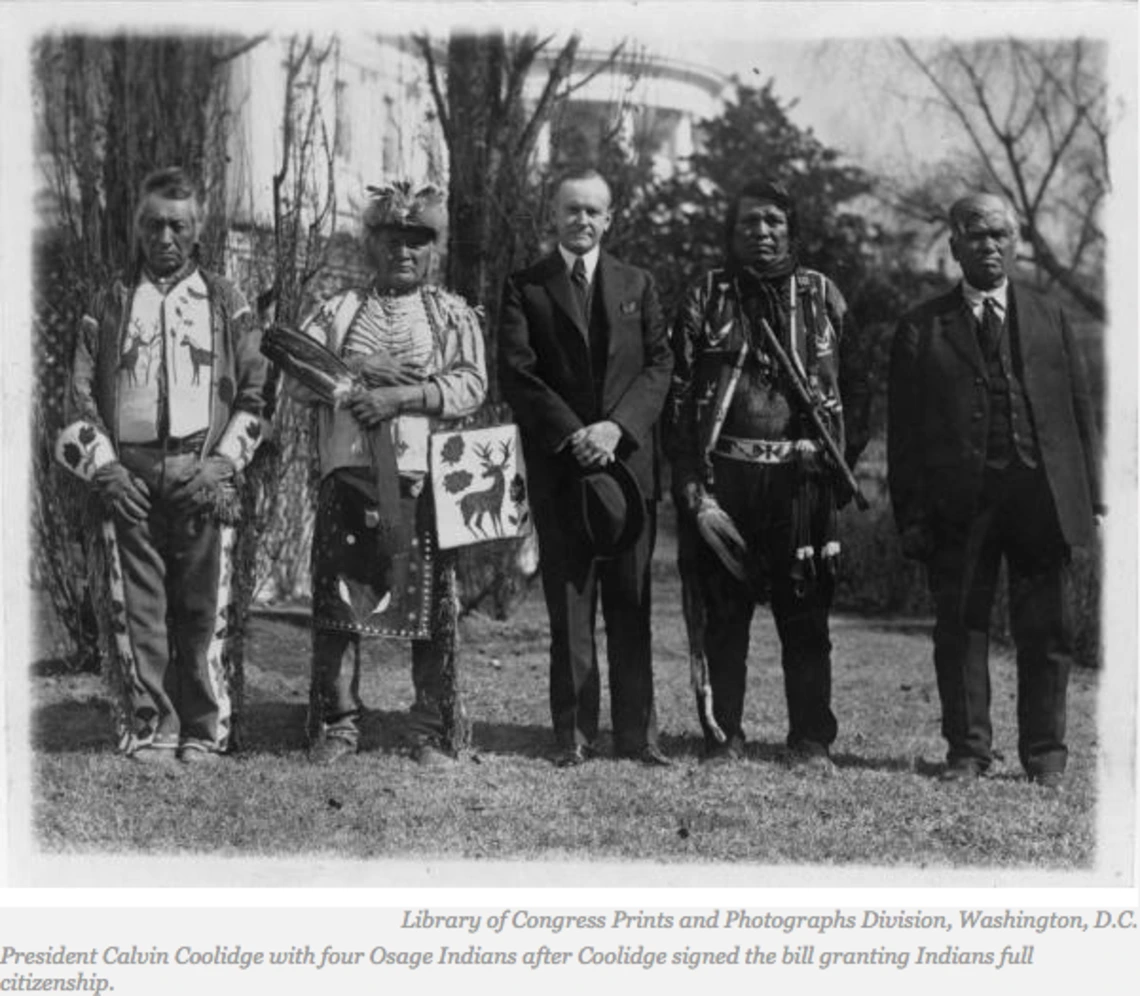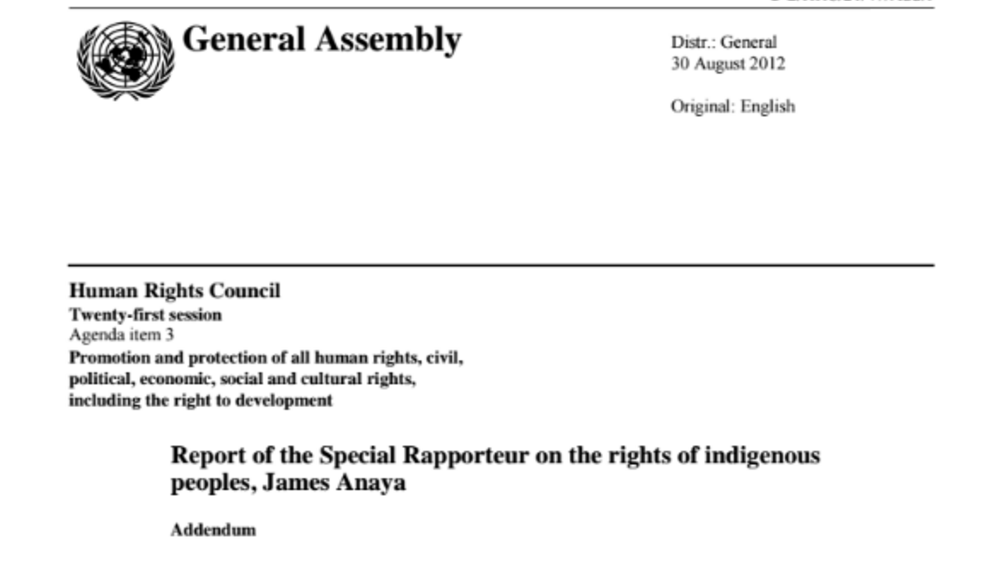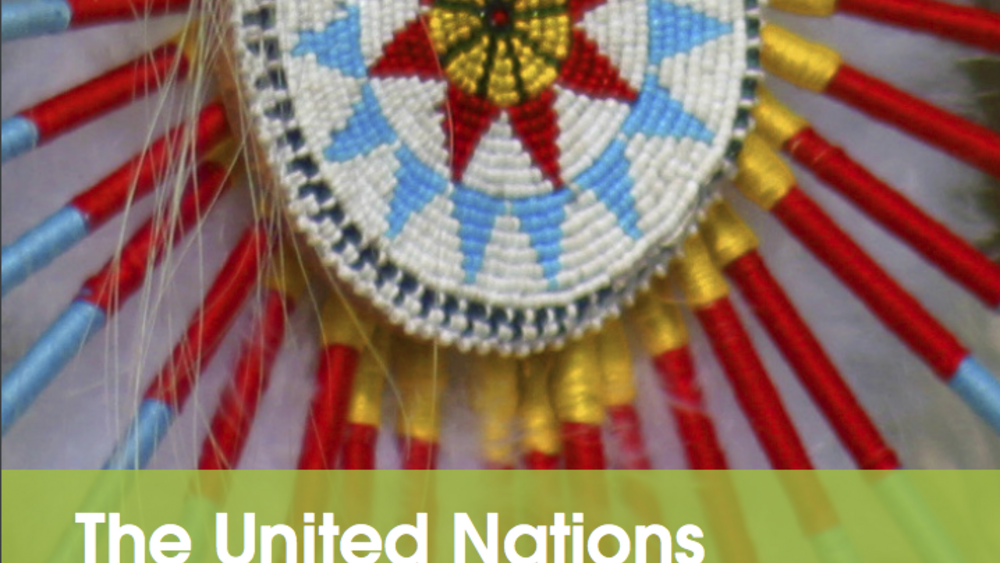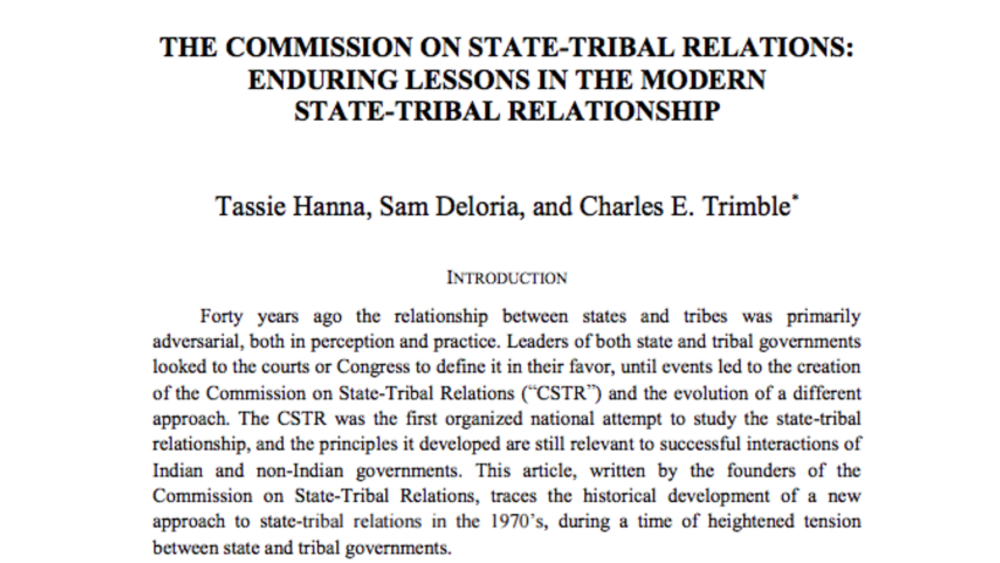Indigenous Peoples live within the boundaries of nation-states but usually do not conform to the cultural, political, economic institutions and identities of their host states. Most contemporary democratic nation states are created by agreement through adoption of a constitution, which spells out fundamental laws and values...
Additional Information
Champagne, Duane. "Indigenous and 21st Century Nationalisms." Indian Country Today Media Network. March 15, 2014. Article. (https://ictnews.org/archive/indigenous-and-21st-century-nationalisms, accessed July 24, 2023)




